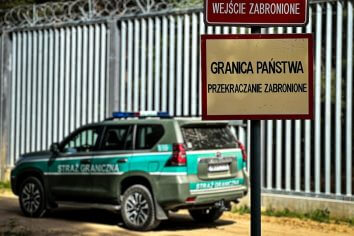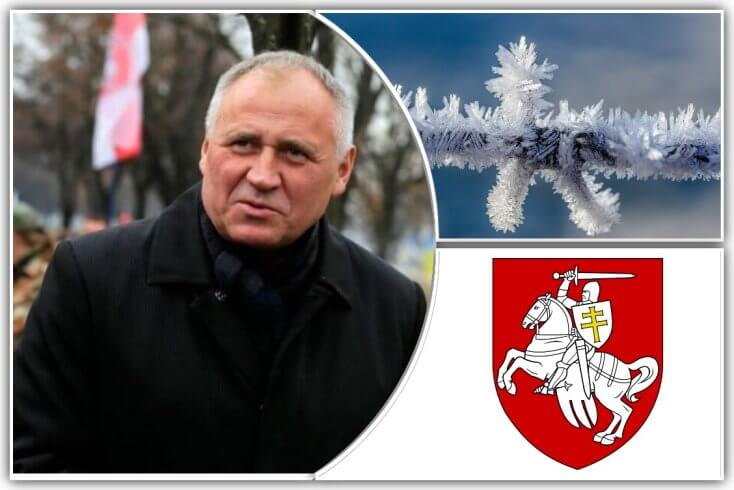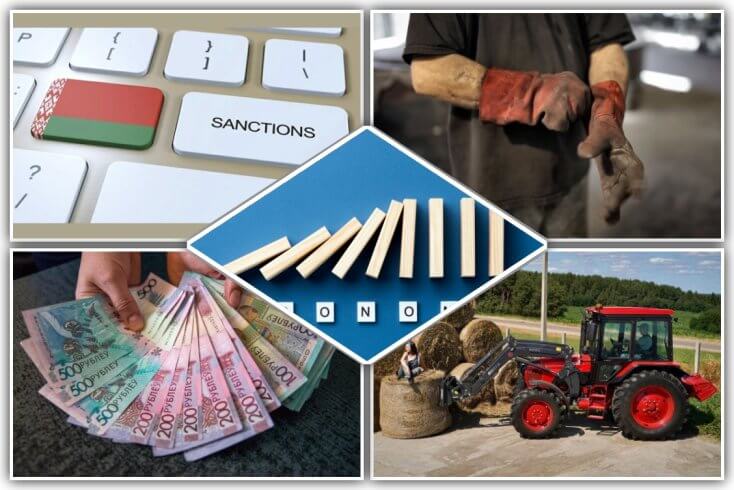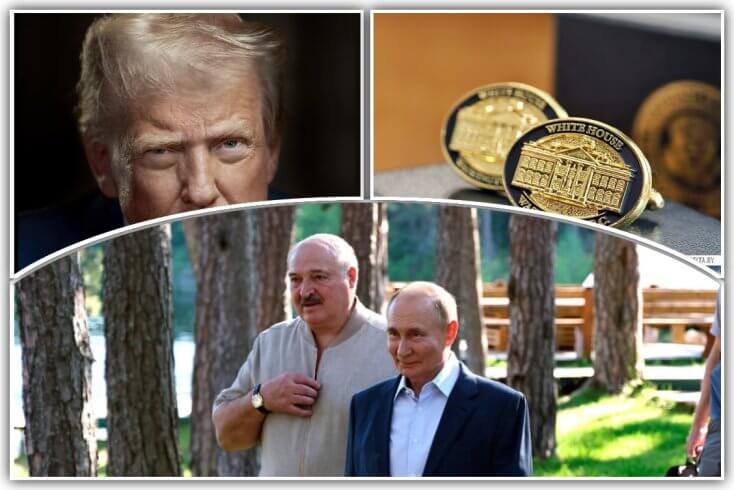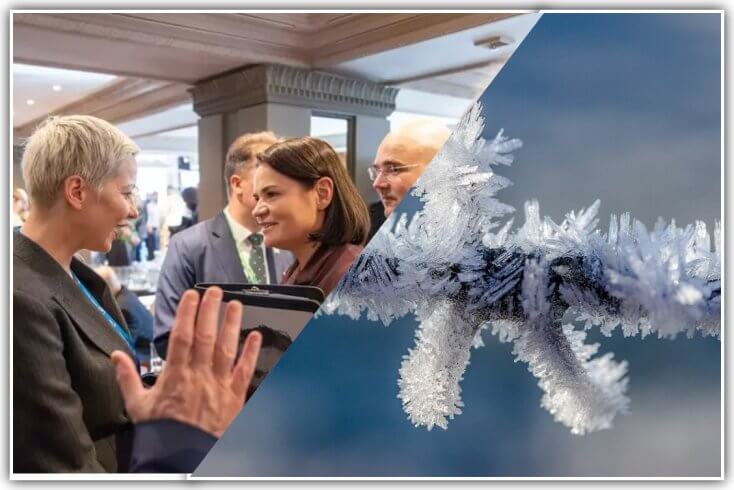Polish Prime Minister Donald Tusk announced on October 28 the planned reopening of two border crossings along Poland’s frontier with Belarus, speaking at a European Union border event in Białystok, eastern Poland.
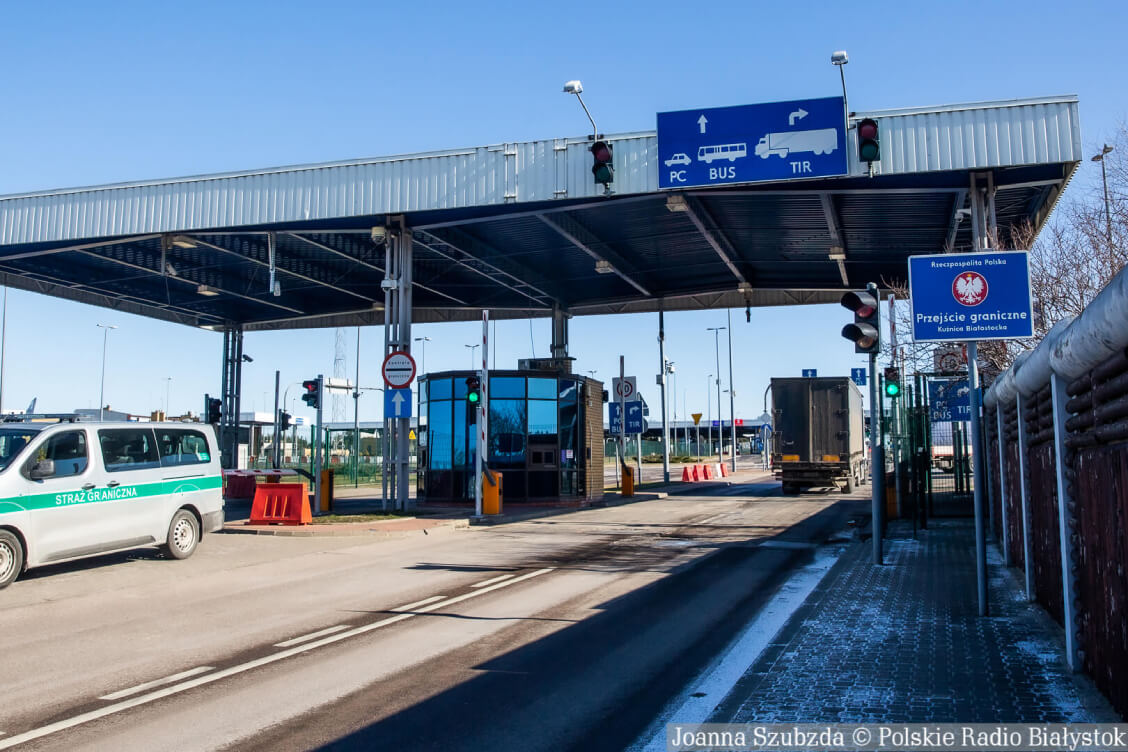
The move comes as a surprise, only weeks after Poland had completely closed its border, accusing Belarus of posing hybrid threats.
Raising the barrier again
“If we say that these checkpoints can be opened, it is because the border is now guarded better than ever before,” Tusk said. “We can take a certain risk linked to its opening.”
The explanation is not particularly convincing. It is true that Poland has strengthened its border protection against undocumented migrants. However, these people do not attempt to cross at checkpoints—they storm the border wall like a medieval fortress.
Warsaw closed the border with Belarus in September, citing threats related to the Russian-Belarusian military exercise Zapad-2025. That justification was not persuasive either, since the maneuvers had been significantly scaled down.
In reality, Warsaw sought to punish Minsk for the migrant crisis, for its refusal to cooperate in the investigation of a Polish soldier’s murder at the border, for not releasing journalist and Polish minority activist Andrzej Poczobut and for arresting a Polish monk on espionage charges.
In that standoff, Alaksandar Łukašenka appeared to have the upper hand: Warsaw reopened the border without any concessions from him.
KGB chief acting as top diplomat
Tusk’s decision to reopen the crossings may be the result of behind-the-scenes negotiations between Minsk and Warsaw, according to indirect evidence and well-informed sources.
Ivan Tertel, head of the Committee for State Security (KGB), recently stated that his agency maintains certain communication channels and that both sides are close to reaching an understanding. “We are discussing contentious issues and finding common ground in some areas,” he said.
Although Jacek Dobrzyński, spokesman for Poland’s minister coordinating special services, claimed that Polish intelligence services were unaware of any negotiations, he likely preferred not to reveal details before a deal is finalized.
In recent months, Tertel has effectively acted as Minsk’s chief negotiator and spokesperson in dealings with the West, while Foreign Minister Maksim Ryžankoŭ has taken a backseat.
Tertel, for example, informed journalists about progress in talks with Washington on a potential “grand bargain” — the release of political prisoners in exchange for sanctions relief.
Regarding Belarusian-Polish relations, Tertel may also play a key role, since Warsaw’s main demands — resolving the migrant crisis and freeing imprisoned Poles — fall within the KGB’s remit. The agency is believed to have orchestrated both the migrant provocations and the arrests.
It is likely that Tusk made his decision after negotiators reached a preliminary agreement on releasing prisoners. It is worth noting that Warsaw closed the Bobrowniki checkpoint in February 2023 and made its reopening conditional on Poczobut’s release.
Łukašenka can release prisoners without losing face
Łukašenka can use ongoing negotiations with Washington to present the release of Polish prisoners as part of a broader “grand bargain,” allowing him to avoid the appearance of capitulating to Warsaw.
In September, Polish Foreign Minister Radosław Sikorski mentioned progress in Polish-American talks aimed at securing the release of Belarusian political prisoners.
As for the migration crisis, Łukašenka suggested yesterday that Europe discuss it with the United States as part of the same deal. “[US] President [Donald] Trump’s approach of ‘all in exchange for all’ can be discussed both with the USA and Europe,” he said in Minsk at a Eurasian security conference.
Thus, the Belarusian leader appears to expect Europe either to follow Washington’s lead and enter negotiations with Minsk, or to be pushed by Washington to do so.
Poland also affected by restricted cross-border traffic
Tusk noted that he had wanted to reopen the crossings earlier but was prevented by issues along the Lithuanian-Belarusian and Lithuanian-Russian borders.
He made the announcement in Białystok, likely to reassure local residents concerned about border restrictions that have hurt regional businesses and disrupted people-to-people contacts.
September’s closure of the border had drawn criticism from some Poles. It is possible that Beijing also advised Warsaw to seek alternative solutions that would not harm cross-border movement.
Trust hanging by a thread
Tusk emphasized, “If it turns out for any reason that the border needs to be closed again, I will not hesitate for a moment.”
The remark underscores that trust between Minsk and Warsaw remains at a historic low. Minsk continues to demonize Poles, accusing them of seeking to annex western Belarus, while Warsaw places little faith in the dictator Łukašenka.
Sources claim that both sides have previously reached agreements on Poczobut’s release—only to see them fall apart later.
Whatever the political motives, however, reopening the border crossings would undoubtedly benefit ordinary citizens on both sides.
